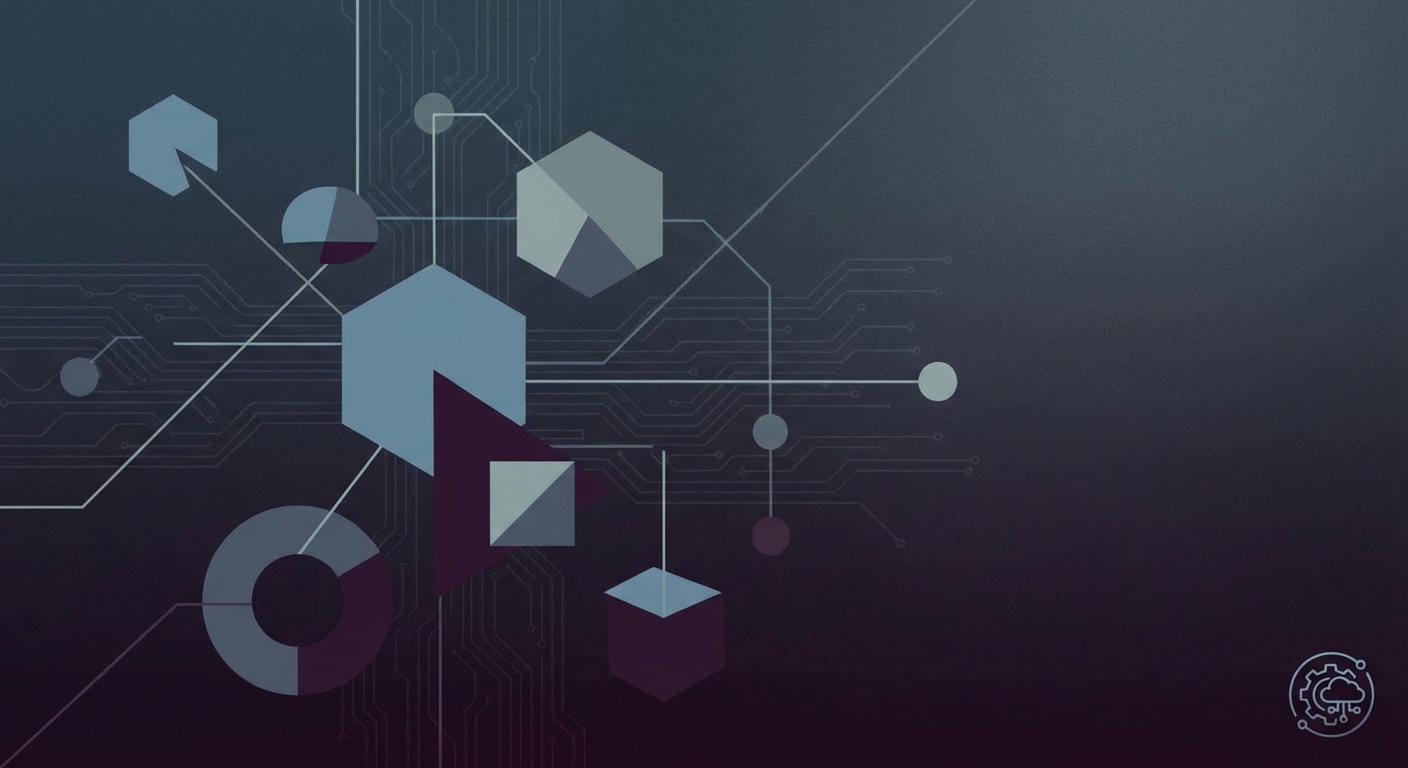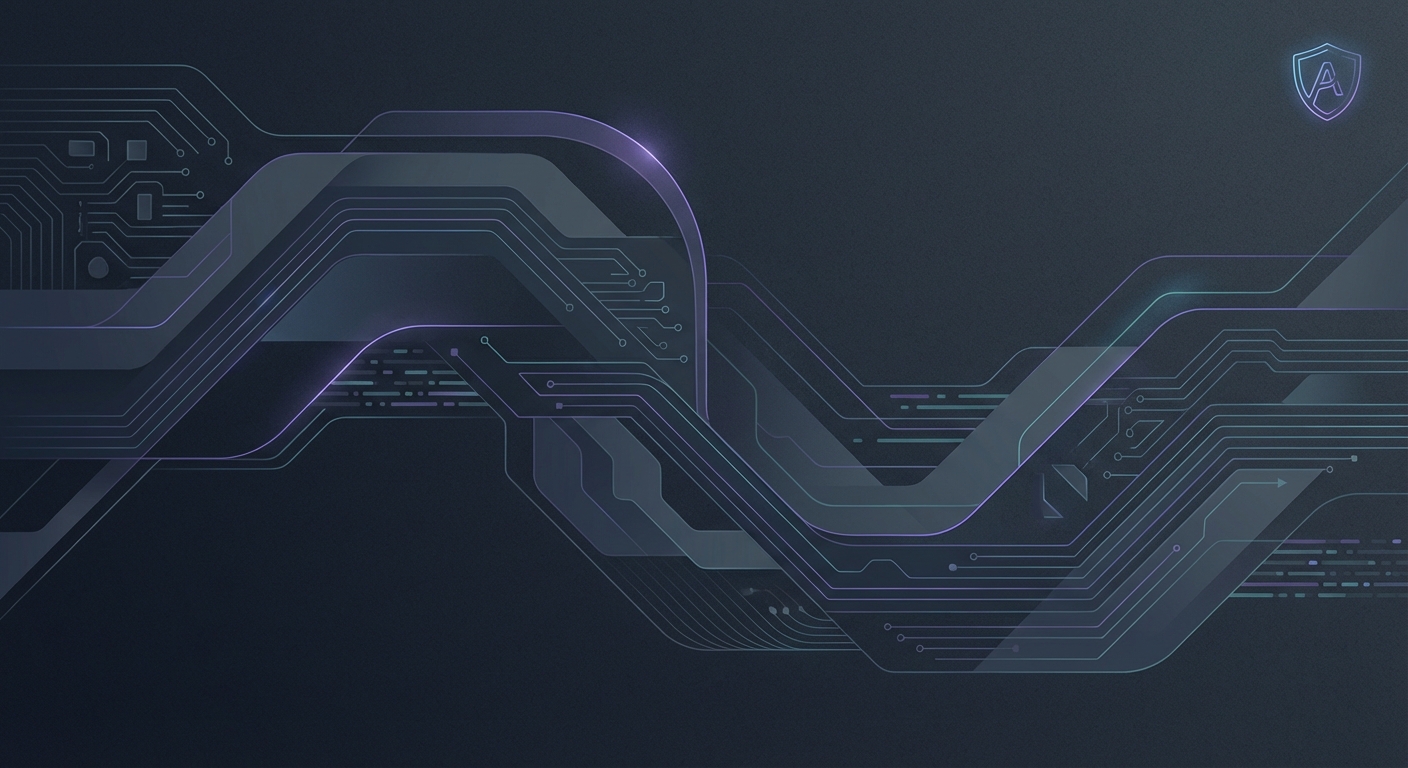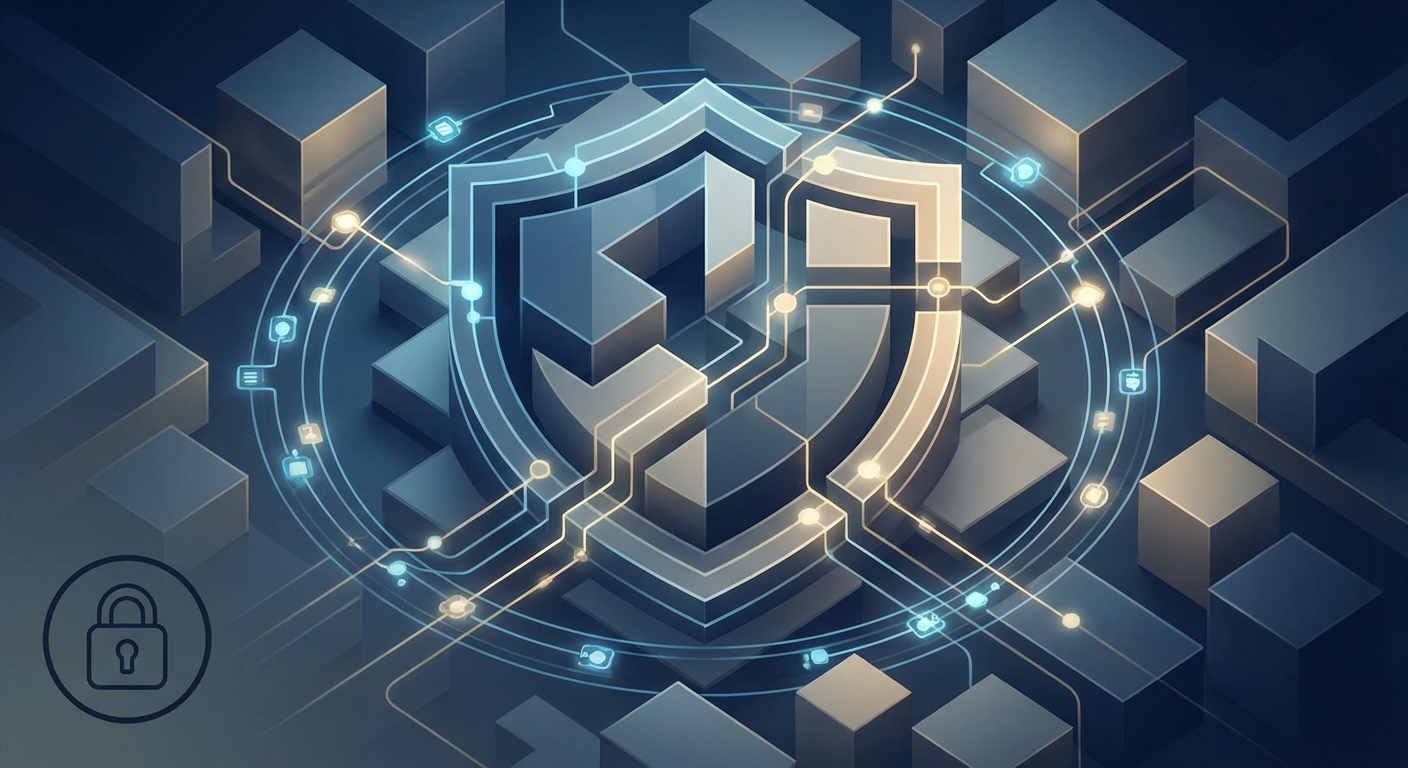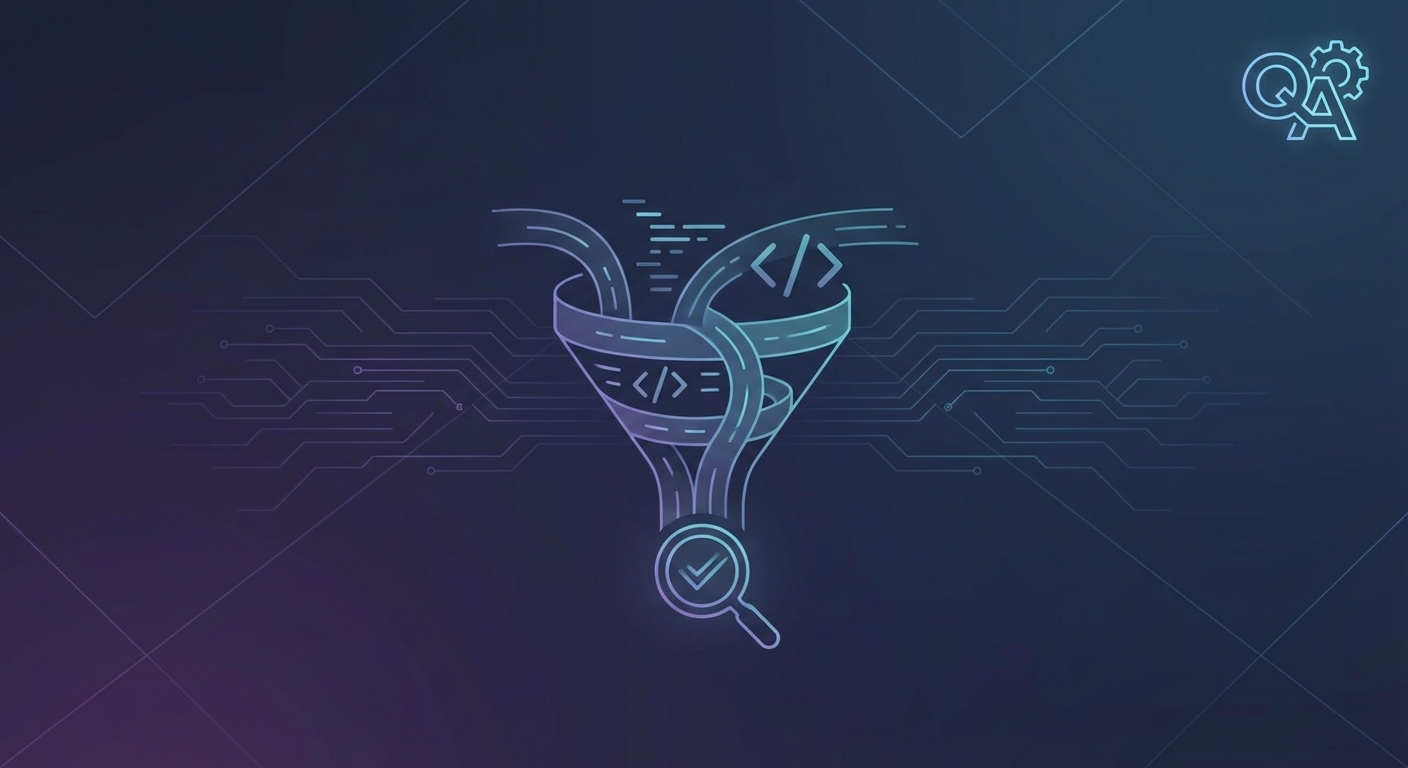Quantum Computing's Threat to RSA Encryption
A new research paper from Google Quantum AI reveals that breaking RSA encryption could require 20 times fewer resources than previously estimated. Craig Gidney, a researcher at Google, argues that a quantum computer with fewer than one million noisy qubits could factor a 2048-bit RSA integer in under a week. This finding starkly contrasts with earlier estimates suggesting that 20 million qubits would be necessary. The implications are significant for cryptography, particularly for cryptocurrencies like Bitcoin that utilize public key cryptography. The research highlights that while Bitcoin employs elliptic curve cryptography (ECC) instead of RSA, it remains vulnerable to quantum attacks. Shor’s algorithm, a quantum algorithm designed to factor large numbers, poses a significant risk to ECC as well. Current quantum computers, like IBM's Condor with just over 1,100 qubits and Google's Sycamore with 53 qubits, are not yet capable of breaking these encryption methods, but advancements in quantum computing technology could change that landscape rapidly. For organizations, particularly those in cybersecurity, this research underscores the urgency of transitioning to post-quantum cryptography (PQC) to safeguard digital assets. As Gidney noted, "This is a 20-fold decrease in the number of qubits from our previous estimate." Companies must prepare for a future where quantum threats are feasible. Google Quantum AI | Cryptography | Quantum Computing
Implications for Cryptocurrency and Security
The implications of this research extend beyond theoretical discussions. Companies are urged to assess their cryptographic systems and implement PQC strategies. Gidney and his colleague Sophie Schmieg shared insights on how organizations can mitigate risks, such as collaborating with the National Institute of Standards and Technology (NIST) to transition to a more secure framework. In the cryptocurrency realm, projects like Project 11 have begun exploring whether even weakened ECC can be compromised using current quantum technology. The group has launched public bounties, offering substantial rewards for those who can break tiny ECC key sizes, indicating that the threat of quantum computing is being taken seriously. As organizations look to secure their operations, the need for tools that facilitate timely and relevant responses to emerging security threats is paramount. GrackerAI, as an AI-powered cybersecurity marketing platform, helps organizations monitor these developments and translate them into strategic content opportunities. Project 11 | NIST | GrackerAI
Recommendations for Cybersecurity Professionals
For cybersecurity professionals, the recent findings signal a critical need for proactive measures. The research points to several priorities:
- Evaluate Current Encryption Standards: Organizations must conduct audits to identify vulnerable systems, particularly those relying on RSA and similar algorithms.
- Engage with Technology Vendors: Discuss post-quantum implementation roadmaps with vendors to ensure compatibility and readiness for future threats.
- Implement PQC Solutions: Start transitioning to NIST-approved PQC systems, which Google has begun adopting across its services.
With the rapid advancements in quantum technology, a proactive approach is essential. Companies should not only focus on immediate threats but also on long-term strategies to secure their data and systems against future quantum attacks. For organizations looking to stay ahead in this evolving landscape, GrackerAI provides the necessary tools for monitoring trends, managing threats, and producing relevant content. GrackerAI | NIST PQC Timeline | IBM Quantum
Conclusion
The revelations from Google's recent research have profound implications for the future of cybersecurity, particularly for industries reliant on current encryption standards. The landscape is changing rapidly, and organizations must adapt to secure their digital assets against emerging quantum threats. GrackerAI is here to assist in that transition, empowering businesses to navigate the complexities of cybersecurity marketing and threat monitoring effectively. Explore how GrackerAI can enhance your cybersecurity marketing efforts at GrackerAI.
Latest Cybersecurity Trends & Breaking News
Check Point Completes Purchase of Cyberint Fake AI Websites and Malware Threats





